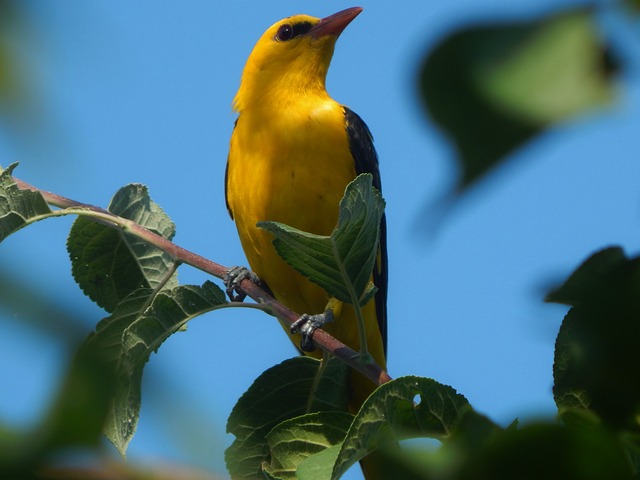
The Migratory Bird Treaty Act of 1918 (16 U.S.C. 703–712, MBTA) statute implemented the 1916 Convention between the U.S. and Great Britain (for Canada) for the protection of migratory birds. Later amendments included similar treaties between the U.S. and Mexico, the U.S. and Japan, and the U.S. and the Soviet Union (now Russia).
The Migratory Bird Treaty Act prohibits the take (including killing, capturing, selling, trading, and transport) of protected migratory bird species without prior authorization by the Department of Interior U.S. Fish and Wildlife Service.
A migratory bird species is protected if it meets one or more of the following criteria:
- It occurs in the United States or U.S. territories as the result of natural biological or ecological processes and is currently, or was previously listed as, a species or part of a family protected by one of the four international treaties or their amendments.
- Revised taxonomy results in it being newly split from a species that was previously on the list, and the new species occurs in the United States or U.S. territories as the result of natural biological or ecological processes.
- New evidence exists for its natural occurrence in the United States or U.S. territories resulting from natural distributional changes and the species occurs in a protected family.
The U.S. Department of the Interior has been actively working to strip away critical protections in the Migratory Bird Treaty Act since 2017, resulting in law suits filed by the National Audubon Society and eight U.S. states. The proposed change would make permanent a 2017 Solicitor’s Opinion that ended the prohibition on the killing or "taking" of migratory birds from industrial activities, such as birds flying into uncovered oil pits or other predictable and avoidable killing – also known as “incidental take”.
Under the Trump administration's new interpretation, overturning decades of bipartisan precedent, the MBTA’s protections apply only to activities that purposefully kill birds, exempting all industrial hazards from enforcement. Any “incidental” death—no matter how preventable or devastating to birds—becomes immune from enforcement under the law.Last week, the Department of the Interior completed it's efforts to effectively remove critical protections within the Migratory Bird Treaty Act.
A Spring 2020 report in Science documented that North America has lost 3 billion birds since 1970, and an Audubon report found that two-thirds of North America’s birds are threatened by climate change. In less than a single lifetime, North America has lost more than one in four of its birds.
The hope is that the new Biden Administration will reverse these changes and roll back protection for our migrating birds.














